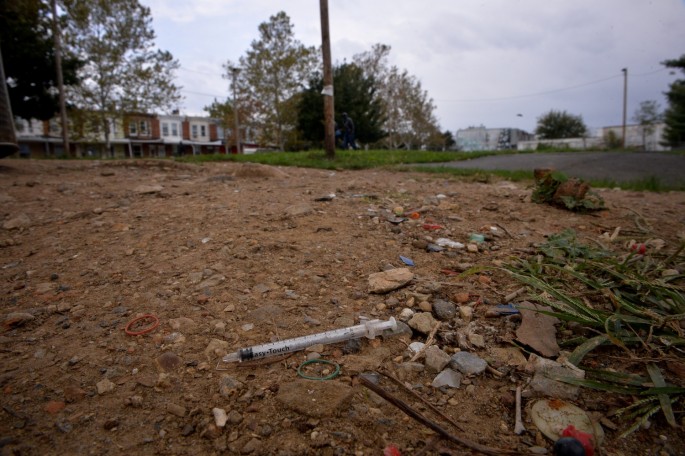The three largest U.S. drug distributors will pay more than $75 million to resolve claims they fueled an opioid epidemic in the Cherokee Nation's territory in Oklahoma, marking the first settlement with a tribal government in the litigation over the U.S. addiction crisis.
The deal announced by the Cherokee Nation on Tuesday came after McKesson Corp, AmerisourceBergen Corp and Cardinal Health Inc, along with the drugmaker Johnson & Johnson, agreed to pay up to $26 billion to resolve similar claims by states and local governments.
That settlement did not cover lawsuits or potential claims by any of the country's Native American tribes. The distributors have remained in negotiations to resolve those cases, and other companies continue to face similar lawsuits.
In a separate settlement on Tuesday, Teva Pharmaceutical Industries Ltd said it reached an agreement with Louisiana's attorney general to pay $15 million and donate $3 million worth of medications to resolve claims it fueled the opioid epidemic.
Cherokee Nation Principal Chief Chuck Hoskin in a statement said the settlement, which will be paid over 6-1/2 years, would "enable us to increase our investments in mental health treatment facilities and other programs to help our people recover."
The distributors in a statement called the deal "an important step toward reaching a broader settlement with all federally recognized Native American tribes across the country." The companies deny wrongdoing.
The Cherokee Nation became the first Native American tribe to sue drug distributors and pharmacy operators in 2017. The sovereign Cherokee Nation has more than 390,000 citizens.
It accused the distributors of flooding its territory with millions of prescription opioid pills, an oversupply of addictive painkillers that resulted in abuse and overdose deaths that disproportionately affected Native Americans.
More than 3,300 similar lawsuits have been filed by states, counties, cities and tribal governments. Nearly 500,000 people died as a result of opioid overdoses in the United States from 1999 to 2019, according to the U.S. Centers for Disease Control and Prevention.
The Cherokee Nation also sued pharmacy operators CVS Health, Walgreens Boots Alliance Inc and Walmart Inc. They deny wrongdoing.



























